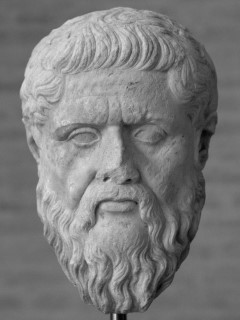
Publication details
Publisher: Springer
Place: Berlin
Year: 2013
Pages: 201-212
Series: Studies in East European Thought
Full citation:
, "Hegelian madness?", Studies in East European Thought 65, 2013, pp. 201-212.


Hegelian madness?
Nikolaj Fëdorov's repudiation of history
pp. 201-212
in: David Bakhurst, Ilja Kliger (eds), Hegel in Russia, Studies in East European Thought 65, 2013.Abstract
Nikolaj Fëdorov insists that the proper end of the philosophical project must be the repudiation of history in the creation of a new being not subject to death. This project appears to be an extension of the kind of philosophical madness one might associate with the Platonic striving for synoptic vision of the whole. Federov develops this notion of philosophy, not in dialogue with Plato, however, as much as with the Hegelian notion of the end of human striving in absolute knowledge, the final unity of will and reason, which Fëdorov criticizes. The exceptional radicality of Fëdorov's philosophical project as a project of divinization, as well as its flaws, are most clearly manifest in the Russian context with reference to two other crucial projects of divinization deeply influenced by Hegel: that of Vladimir Solov'ëv and Alexandre Kojève.
Cited authors
Publication details
Publisher: Springer
Place: Berlin
Year: 2013
Pages: 201-212
Series: Studies in East European Thought
Full citation:
, "Hegelian madness?", Studies in East European Thought 65, 2013, pp. 201-212.


